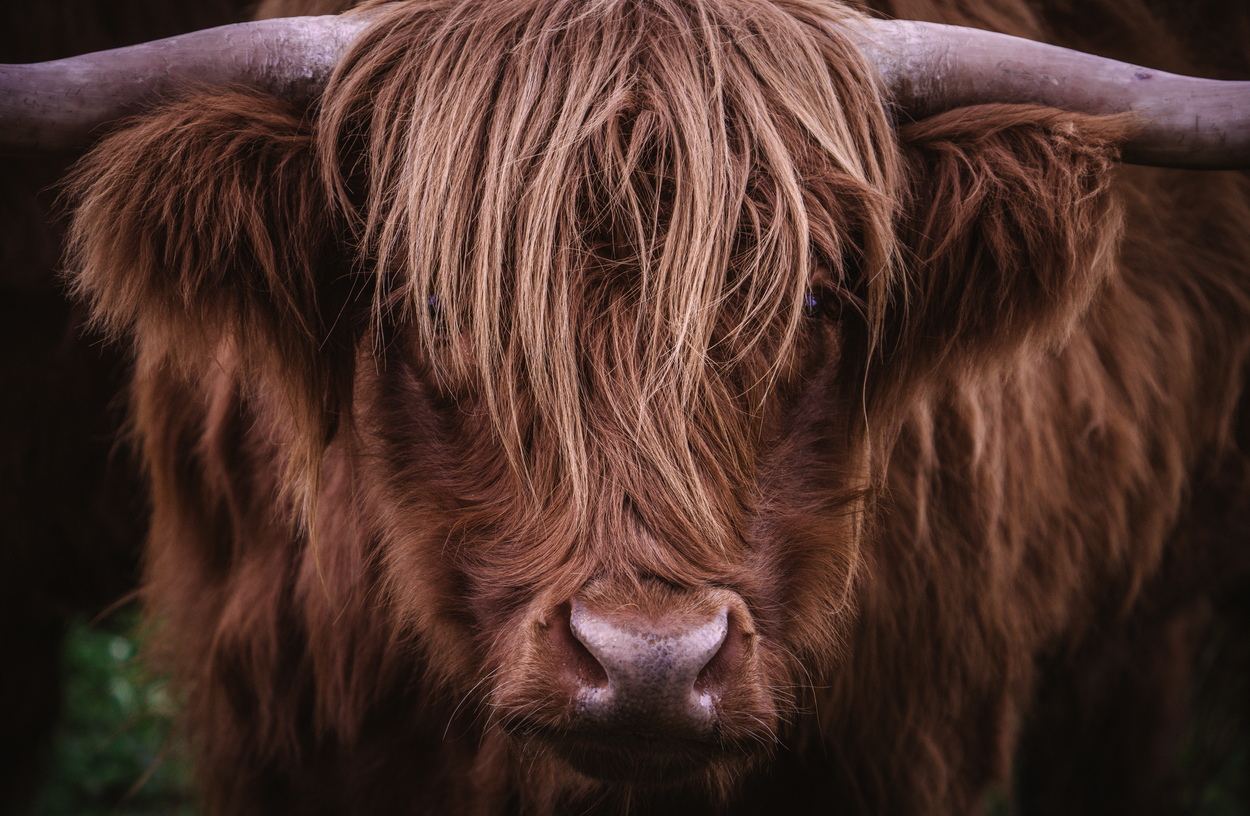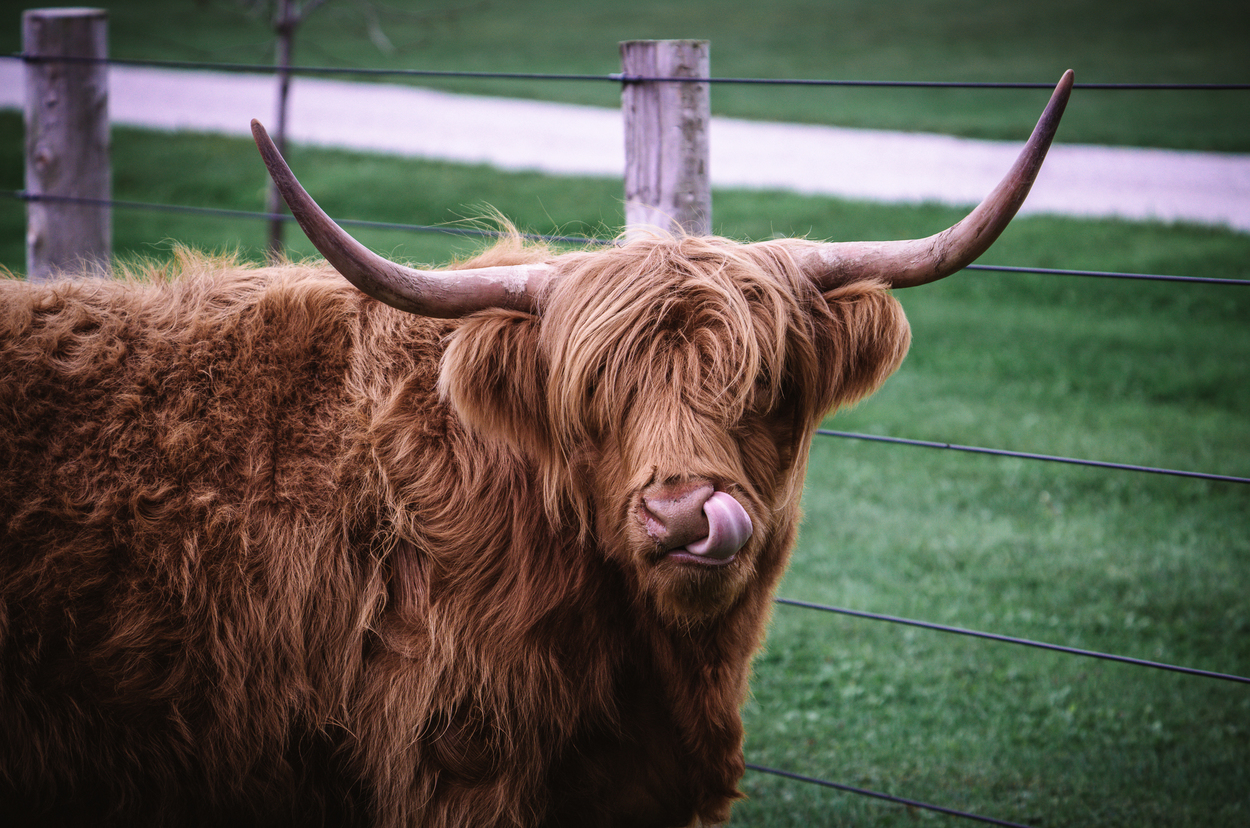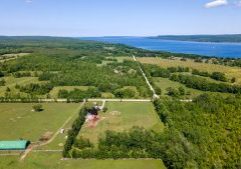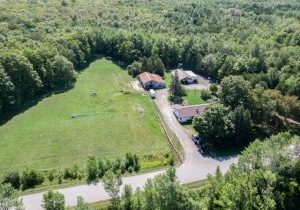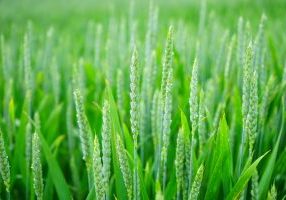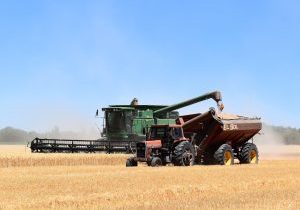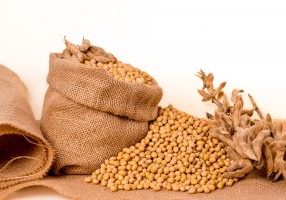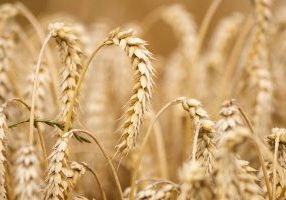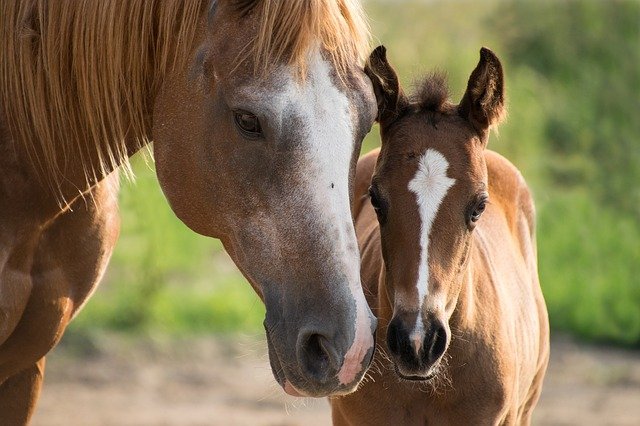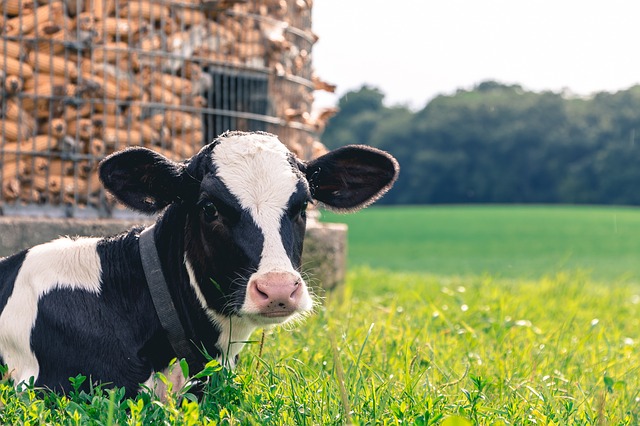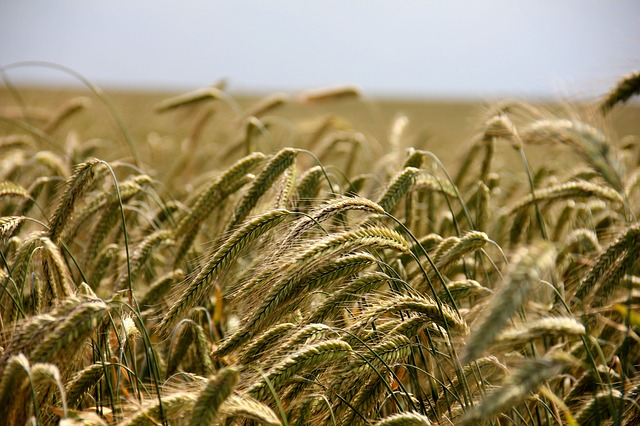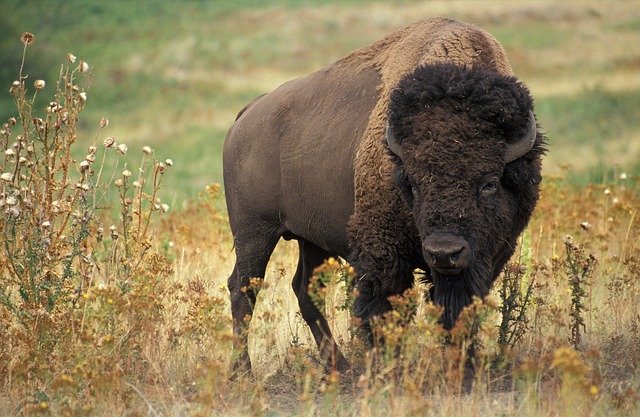Buy Fresh. Support Local. Thank You!
1-4 Acres | 5+ Acres | 10+ Acres | 40+ Acres | 100+ Acres
Are you searching for Commercial Farms or Hobby Farms For Sale in Ontario? At Ontario Farms and Land Group, our team of dedicated real estate professionals are happy to assist you to find the right property according to your search criteria.
Are you ready to sell your farm or ranch? We are ready to put our years of expertise, hard work and experience to work for you.
~ Contact Us Today ~
Find Your Dream Farm For Sale In Ontario
As Century 21 Real Estate Professionals and members of the Canadian Real Estate Association, we provide real estate services in the areas listed below. Find farms for sale, new listings, or the perfect cash crop farm. Begin by selecting your area.
Ontario Farming Overview
How has Ontario Farming held up in 2021? Even though COVID-19 has tested the food supply chains all around the world, Ontario is fortunate to have one of the strongest supply chains around. Ontario has hard-working farmers, food processors, and retailers rising up to the challenge.
Even after the global pandemic hit the world, Ontario’s agri-food system remained a strong economic driver, contributing $47.7 billion. The provincial economy supports 837,100 jobs. The province is home to nearly 50,000 farmers that grow over 200 commodities.
Ontario's Farm Diversity
Ontario has a wide diversity of farms, with the most common ones being:
- Oilseed and grain farming
- Beef cattle ranching and farming
- Dairy cattle and milk production
- Sheep, goat, and other animal production
Ontario grows over 90% of Canada’s soybeans, almost all of the tobacco grown within the country, and has nearly half of Canada’s corn farms. Relative to the rest of the country, the province of Ontario is also strong in mushrooms, vegetable production, broilers, pigs, turkeys, and sheep.
At the same time, Ontario’s share of Canada’s egg and dairy farms is proportional to the province's population. And while grain, beef, and fruit remain important types of farms in Ontario, other parts of Canada produce a greater proportion of these products within the country.
Ontario offers ample opportunities for aspiring hobby farmers and established commercial farmers alike. Farm and land are in high demand as farmers look to expand operations. New entrepreneurs are looking to farming as a secure and profitable investment.
ONTARIO FARMING COMMUNITY PAGES
On our community pages, you'll find a wide variety of local information and resources.
Northern Ontario
How to Start a Farm in Ontario?
Ready to buy a farm? If you’ve never worked on a farm before but have always dreamt of starting your own farm in Ontario, don’t fret! You can make your dream a reality with Ontario Farms and Land Group. Not only do we list the best farms and farmland for sale in Ontario, but we also offer a variety of resources and information for aspiring and professional farmers alike.
Let’s take a closer look at what you need to do to start your own farm in Ontario:
- Get Hands-On Farming Experience - For many modern-day farmers, skills have been passed from generation to generation. However, this doesn’t mean you can’t acquire all the necessary skills on your own. You can do so by either apprenticing with other farmers, acquiring formal education, or doing some intensive independent study.
- Choose Between Commercial & Hobby Farming - If you are new to farming, hobby farming could be an ideal place to start and experiment on a micro-scale. For example, prior to planting an acre of vegetables, you can try growing a considerably smaller patch. This way, you will be able to take your time to learn and address any problems as they arise. Once you’ve mastered the skills, you can expand the farm should you wish to do so. If you are looking for a larger farm for sale in Ontario, you can browse through our farm listings to find your next agricultural endeavour.
- Identify Your Niche - One important step to start your own farm in Ontario is to conduct thorough market research to help you identify what you would like to grow. Will the local climate conditions permit to do so? What is the demand? For example, if you’ve always dreamed of growing peaches but live in the northern part of Ontario, you might find out that the local climate is too cold for these warmth-loving fruits.
- Find the Right Land - Once you’ve decided on what you are going to farm, you would need to find the appropriate piece of land to buy or lease. Purchasing your own farmland in Ontario will give you complete control over its use, but it can come with a lot of headaches. Luckily, Ontario Farms and Land Group works with a broad network of real estate agents experienced in farmland purchase and sale, who will guide you through the process.
- Get Financing - If you haven’t inherited a farm, finding the financing necessary to start a new farm can be difficult. Make sure to research your funding options before you begin your farm search. You can look into banks offering agricultural loans or reach out to a commercial mortgage broker for expert advice. Keep in mind that most lenders will require a detailed business plan, which should include your business goals, cost of production, marketing, and sales strategies.
- Market and Sell Your Products - Finally, think about the ways you are going to market and sell your products. While farmers’ markets are a great option, there are other channels worth exploring. For example, if you have enough traffic passing by, you might want to install a farm shop or a produce stand on your own property.
Alternatively, you could partner with local supermarkets and natural food stores to take advantage of their loyal customer bases. The possibilities are endless!
Search Ontario Farms For Sale By County
Elgin Middlesex Farms For Sale
Norfolk Haldimand Farms For Sale
Wellington Dufferin Farms For Sale
Lambton Chatham-Kent Farms For Sale
Waterloo Wellington Farms For Sale
Dufferin Simcoe Farms For Sale
Hamilton Niagra Farms For Sale
Peterborough & The Kawarthas Farms For Sale
Muskoka-Haliburton Farms For Sale
Hastings and Prince Edward Farms For Sale
Northumberland Durham Farms For Sale
Frontenac, Lennox & Addington Farms For Sale
Lanark Leeds and Grenville Farms For Sale
Prescott and Russell Farms For Sale
Stormont Dundas and Glengarry Farms For Sale
Renfrew Farms For Sale
Parry Sound Nipissing Farms For Sale
Thunder Bay-Rainy River Farms For Sale
Cochrane-Timiskaming Farms For Sale
Kenora Farms For Sale
Manitoulin Farms For Sale
Ontario Farms For Sale
Eastern Ontario Farms For Sale
Southern Ontario Farms For Sale
Northern Ontario Farms For Sale
Western Ontario Farms For Sale
Read Our Latest Blogs
Purchasing a Hobby Farm vs Commercial Farm
Should you buy a hobby or a commercial farm? This quick comparison will help you to understand the main differences between the two:
Hobby Farm
Also known as homesteading or acreage, this farm type performs small-scale farming, often for joy rather than profits. Hobby farmers usually work part-time, with no realistic expectations of making a significant impact through farming.
Typically, less than 30 acres in area, with annual gross revenue of less than $10,000.
Commercial Farm
A commercial farm including a cash crop farm operates with the goal of generating revenue as a primary source of income for the farmer. Full-time farmers manage complex business operations, including buying farmland in Ontario, purchasing equipment, and selling products. Ontario farmers feed the nation and may even produce a surplus for international export, including beef, poultry, dairy, produce, and grain.
Making the Decision
If you are new to farming and aren’t ready to give up your full-time employment, purchasing a hobby farm may be a great way to start. On the other hand, if you already have significant farming and agricultural experience and are looking to turn your farming passion into a primary source of income, commercial farming is the way to go.
At Ontario Farms and Land Group, we offer both commercial and hobby farms for sale in Ontario. Our expert real estate agents are available to help you find the ideal piece of land for your needs. Use our site to search for new listings and find farms in your area. Our real estate professionals can help locate the right property according to your needs and search criteria.
Things to Consider When Looking for Farmland
In general, when choosing where to look for farmland, consider the following aspects:
- Proximity to markets. Think how you are going to reach sales channels or where you are going to sell your products. The best option is to stay local, within close proximity from farmers markets in the area.
- Access to water. Make sure that you have a steady supply of water. If the land you are buying has a well, find out its water quality, type, depth, age, and output.
- Soil quality. High-quality soil is a must for farmers. Make sure you ask the land seller to provide soil testing results.
- Facilities and infrastructure. Depending on the specific type of farm you want, you may need different types of outbuildings, such as a farm shop, a produce stand, animal shelters, processing facilities, and more.
- Neighbours. Research your neighbours. Do they also produce farm goods? Are their production practices compatible with yours
- Employment opportunities. If you are starting a hobby farm or would like to have a Plan B should farming not work out as well as you thought, it is important that your new land is located within a reasonable distance of non-farming employment opportunities.
Finding the ideal location for your farm isn’t always easy. Luckily, our professional agents know all the ins and outs of farming and agricultural real estate and are willing to provide valuable guidance and advice.
Schedule a Consultation
Expired Farm Listings
As of 2021 / 2022, Ontario is largely in a Sellers's Market. This is true for residential properties, vacant land and farms. Especially Hobby Farms. If you're having a hard time finding an Ontario Farm For Sale that meets your criteria, let us know! As Realtors, we have the ability to go back and search expired farm listings. Often times we can reignite a seller's desire to sell, and bring a deal together.
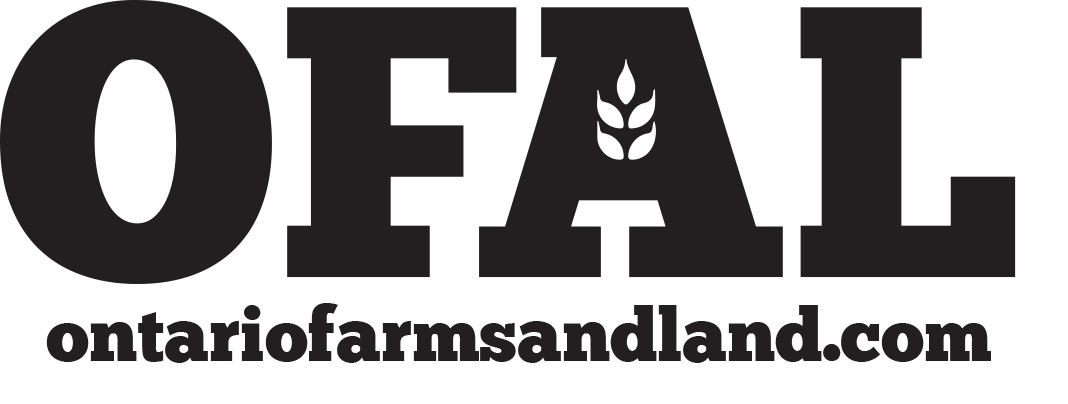
Useful Farming Links and Resources
- Ontario Farming News: Keep track of the recent updates in the farming industry of Ontario.
- Starting a Farm in Ontario: Find numerous resources on how to start a farm, create a farming business plan, market your products, and more.
- Programs and Services for Ontario Farmers: Discover the provincial funding programs intended to support local farmers.
- Financial Assistance for Farm Businesses During COVID-19: Find out about the financial support available to Ontario farmers in response to COVID-19.
- Ontario Agriculture Education Programs: Explore college programs available in Ontario pertaining to agriculture and agri-food industries.
- Human Resources on the Farm: Find information pertaining to human resources on the farm, including compliance, health and safety, succession planning, and more.
- CREA: The Canadian Real Estate Association is a great resource for both real estate professionals including home and farm owners.
FAQ
Check out our most frequently asked questions at
OntarioFarmsAndLand.com
Have more questions? Don't hesitate to, get in touch!
The trademarks MLS®, Multiple Listing Service® and the associated logos are owned by The Canadian Real Estate Association (CREA) and identify the quality of services provided by real estate professionals who are members of CREA. The trademarks REALTOR®, REALTORS® and the REALTOR® logo are controlled by CREA and identify real estate professionals who are members of CREA


